
Get Better Leads, Grow Revenue, Be Competitve
Now days most B2B customers conduct research online before making a buying decision, and the types of people that manufacturers target aren't just any B2B customer.
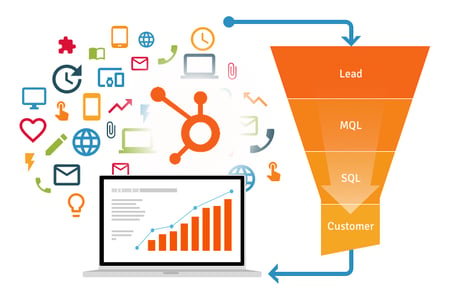 These companies market to serious individuals including purchasing managers, scientists, plant managers, and engineers. These customers are also looking for complex and expensive services and products that need to give them specifically what they need.
These companies market to serious individuals including purchasing managers, scientists, plant managers, and engineers. These customers are also looking for complex and expensive services and products that need to give them specifically what they need.
By taking advantage of inbound marketing, manufacturers can effectively boost their ROI while separating themselves from competitors that are performing poorly. There are many different ways you can utilize inbound marketing to enhance your overall marketing strategy.
Sure you already have a website, but you may not be getting the kind of traffic that you have the potential to attract.
Consider the main objectives of your marketing efforts, which are to attract, convert, and close.
Without the ability to attract, the rest can't follow, making inbound marketing through your website crucial to your success.
Unlike other marketing methods such as print ads and mailers that rely on outreach to customers' locations, inbound marketing for manufacturers can help bring in a steady stream of traffic from people actively looking for your services.
The key to success in getting plenty of high-quality traffic to your website is to write large amounts of relevant, valuable content that draws and engages readers.
It's also important to maintain a blog with regular updates that keep people informed while consistently boosting traffic.
Many businesses underestimate the value of a blog with fresh content, but the kind of people manufacturers want to attract will be actively looking for more information for these products and services.
An in-depth blog can educate visitors regarding common roadblocks in the industry, tell them how your products or services can help solve their problems, and which issues they might be facing that you can help ease.
It's important to refrain from being too promotional with a blog. However, educating prospects and showcasing your company as an industry authority can boost traffic and help you rank higher for certain long-tail keywords that people search.
Different types of content can also help carry people through the sales cycle, giving them more incentives to share the messages you convey.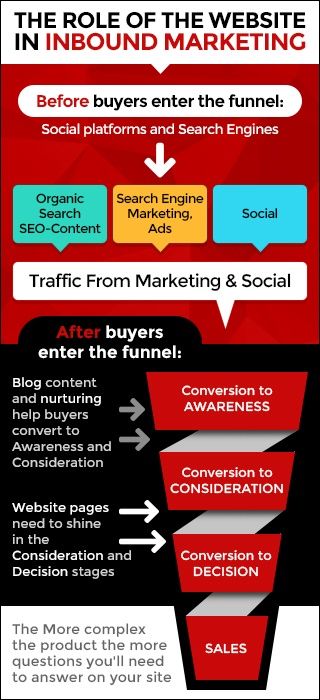
Another benefit of inbound marketing is a much higher level of visibility, resulting in more brand awareness.
Because of this gain in visibility, you can gain a better reputation that helps convince potential customers to choose you over your competition.
Valuable content such as blog posts, guides, e-books, white papers and videos can all work together to provide prospects with valuable information. Webinars can also be a great asset to your marketing strategy.
You'll most likely find that these types of content are more effective at brand awareness than other offline traditional strategies, lending your business credibility that it might otherwise lack.
By creating quality content that helps your prospective customers get answers to their issues, concerns, and problems you establish yourself as a trusted adviser and thought leader.
This gives your company credibility as you earn the trust of the prospects that you want to turn into customers.
.jpg?width=580&name=77045_580x825%20(1).jpg)
If your company isn't targeting people specific to your products or services, your marketing efforts will be too broad to be efficient.
You need to make sure that you're only targeting a select group of people who will benefit from what you have to offer, separating "leads" from uninterested parties.
Manufacturers often sell expensive equipment or high value services, which makes lead generation more of a challenge because of highly selective buyers.
At the same time, leads become more valuable when they're willing to spend more on a product or service.
Rather than relying only on cold calls or print ads, you can see a better reach and response when you use inbound marketing and marketing automation in conjunction with other marketing efforts.
Utilizing valuable content offers as promotion in your traditional print ads or cold outreaches will help increase the demand for such content pieces.
This will help you attract and convert more leads, making some of the traditional marketing methods more effective as well as warm up prospects for a sales conversation.
Because leads are at the start of the sales process, you should focus on creating "top of funnel" content such as blog posts and videos that helps attract visitors and build brand awareness.
Then use content offers as lead magnets such as guides, white papers, free consultations to improve conversion and the volume of leads generated from manufacturer marketing done the inbound way.
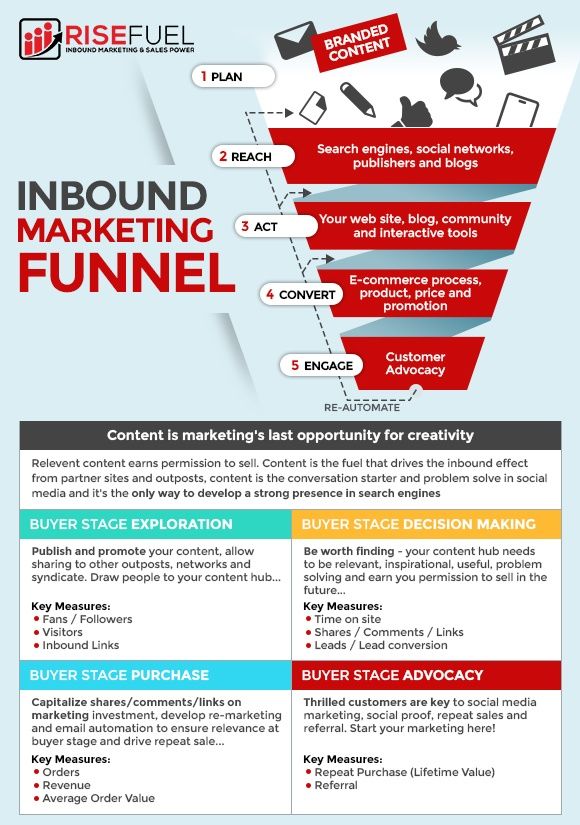
Once you've attracted high-quality leads, your work has only just begun. It's time to nurture them and see them through the sales cycle to become long-term customers.
This process can take months or even years in the manufacturing industry.
Keep in mind that each prospect is likely to be in a different stage of the sales process, with some further along than others, but most will need a long period of nurturing before they make a purchase.
Fortunately, inbound marketing can help automate this process and nurture those valuable leads, using content that guides them along.
This gives your leads plenty of attention and information, while allowing you to spend more time focusing on running your business.
One effective way to nurture leads using inbound marketing is to deliver automatic targeted emails that guide prospects to convert them into customers.
These emails can direct them to e-books, guides, consultations, and case studies that convince them that you can meet their needs.
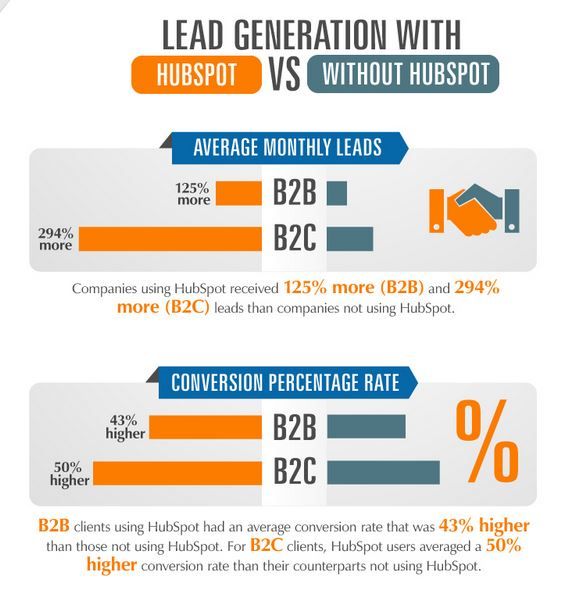
Inbound marketing also gives marketers better insight into how well their campaigns are performing, while making it easier to adjust them accordingly.
Ultimately, inbound marketing is integral to a successful marketing campaign for manufacturers. You'll be able to attract, engage, nurture, and convert leads more effectively while wasting less resources and money in the process..png?width=350&name=visualizing-closed-loop-marketing-hubspot-resized-600%20(1).png)
Until recently, industrial marketers had success with traditional, “outbound,” marketing channels. New business was forged at trade shows, and leads were generated through printed directories, trade magazine ads and direct mail. Buyers were forced to seek out company sales reps for technical information, education or advice.
Today, the Internet has transformed the marketing and buying of industrial products and services. Manufacturing professionals use online sources for information to do their jobs better and more efficiently.
Industrial engineers, designers, and other purchasing agents use the Internet to learn technical information, source products, and compare suppliers, all on their own, without any contact from a sales rep.
Successful manufacturing companies have recognized that the old ways of pushing out marketing messages no longer work as well as they once did.
Attendance at trade shows is declining and the time and expense for staff and travel is increasingly hard to justify. Other traditional marketing methods are difficult to connect to a desired business outcome like lead conversion.
Instead, savvy manufacturing companies are adapting their marketing strategies, using inbound marketing and content marketing to attract traffic to their company website, convert visitors into leads and customers, and provide meaningful lead data to prove their manufacturer marketing results.
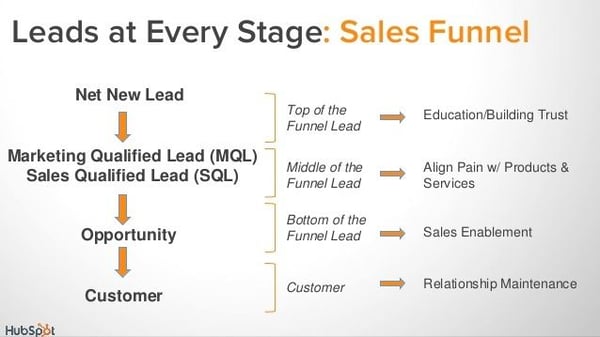
The inbound marketing philosophy is backed by a methodology that helps brands attract, convert, close, and delight visitors, leads and customers through a variety of channels such as social media, blogging, SEO, landing pages, forms, and email.
Copyright © 2015 - 2022 RiseFuel. All Rights Reserved.